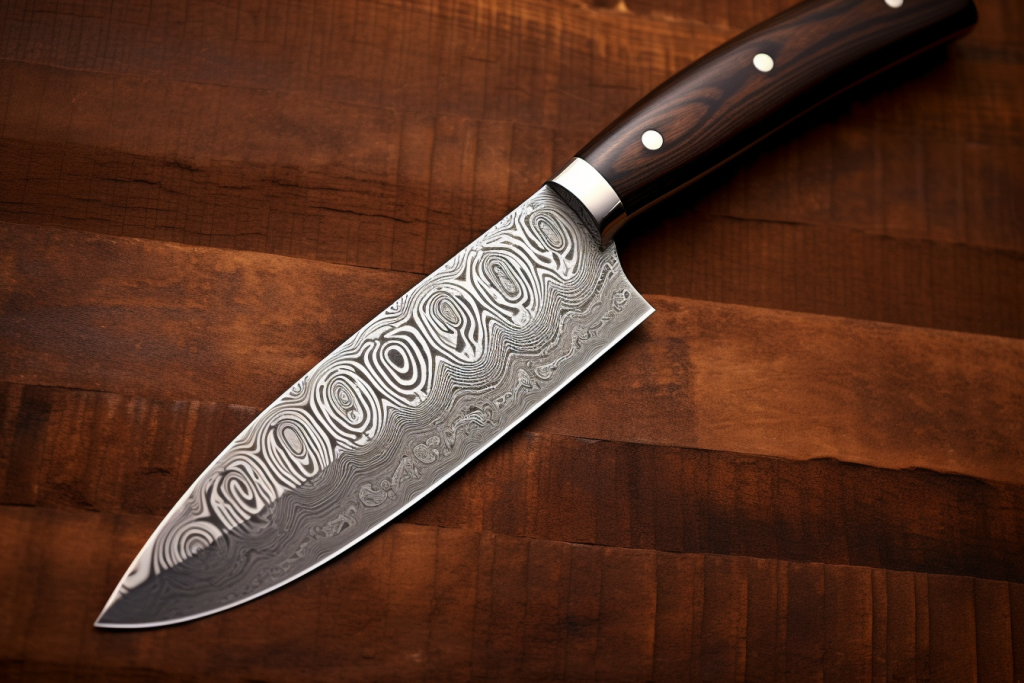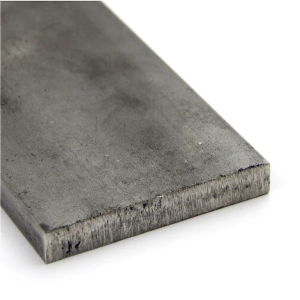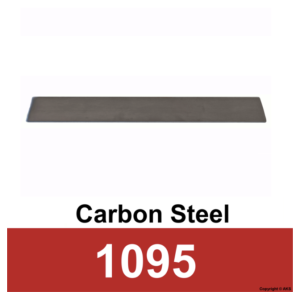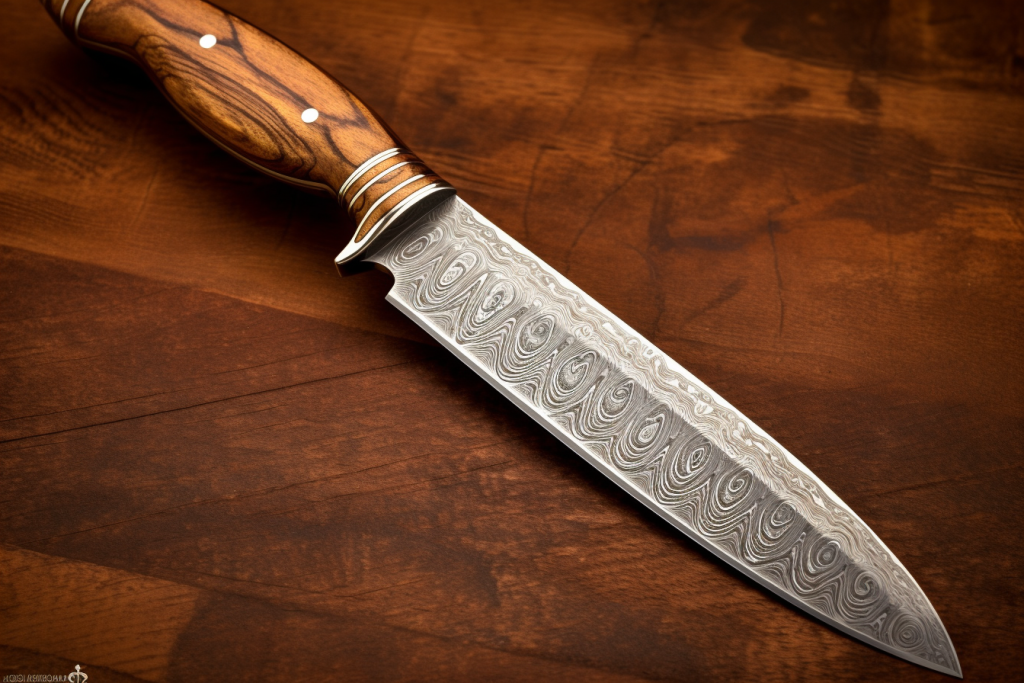
Knives have been essential tools for centuries, and the knife making steel used to make them plays a crucial role in their performance.
Different steels offer various attributes that affect a knife’s sharpness, durability, and resistance to wear.
In this blog post, we’ll explore some common knife making steels and discuss their unique qualities.
We will also talk about steel suppliers and provide recommendations.
Stainless Steel

Stainless steel is a popular choice knife making steel as it resists rust and corrosion, making it low maintenance.
It’s also easy to clean and maintain its shiny appearance.
However, stainless steel knives can be less sharp compared to other steels, and they may require more frequent sharpening.
Common Stainless Steel Grades:
- 303 Stainless Steel (OnlineMetals.com)
- 316 Stainless Steel (OnlineMetals.com)
If you’re looking for a knife that won’t rust and requires minimal care, stainless steel is a good option.
High Carbon Knife Making Steel

High carbon steel is known for its exceptional sharpness and edge retention. These knives are favored by professional chefs and culinary enthusiasts because they excel at precision cutting.
However, high carbon steel knives are more prone to rust and require regular maintenance.
Keeping them clean and dry is crucial to prevent corrosion.
Common High Carbon Knife Steels:
- 1045
- 1075
- 1084
- 1095
Search for 12-inch lengths and more at OnlineMetals.
If you’re willing to put in the effort to maintain a knife’s edge, high carbon steel is an excellent choice for its cutting performance.
Damascus Knife Making Steel
Damascus steel is renowned for its exquisite patterns and historical significance.
It is made by layering different steels together, resulting in a blade with exceptional strength and sharpness.
Damascus steel knives are highly sought after by collectors and those appreciative of craftsmanship.
However, they can be more expensive and require precision work to make a successful knife.
Check prices on Ladder pattern Damascus here (Amazon.com).
Tool Steel
Tool steel is known for its durability and toughness, making it ideal for heavy-duty tasks.
Knives made from tool steel can withstand high impact and resist wear. They are commonly used in survival knives and outdoor tools.
However, tool steel knives may be less resistant to rust and require regular cleaning and oiling.
If you need a robust knife that can handle demanding tasks, tool steel is a reliable choice.
The most common tool steel used for knifemaking is O1. That’s “O” as in Oscar and the number 1.
Also available at OnlineMetals under Tool Steel.
Conclusion

Choosing the right steel for a knife depends on your specific needs and preferences.
Stainless steel offers easy maintenance, while high carbon steel provides exceptional sharpness.
Damascus steel combines functionality with beauty, and tool steel offers durability for heavy-duty tasks.
By understanding these different steels, you can make an informed decision when purchasing a knife.
Remember, regular maintenance and care are essential to ensure your knife stays in top shape, regardless of the steel you choose.
Have questions? Contact us!